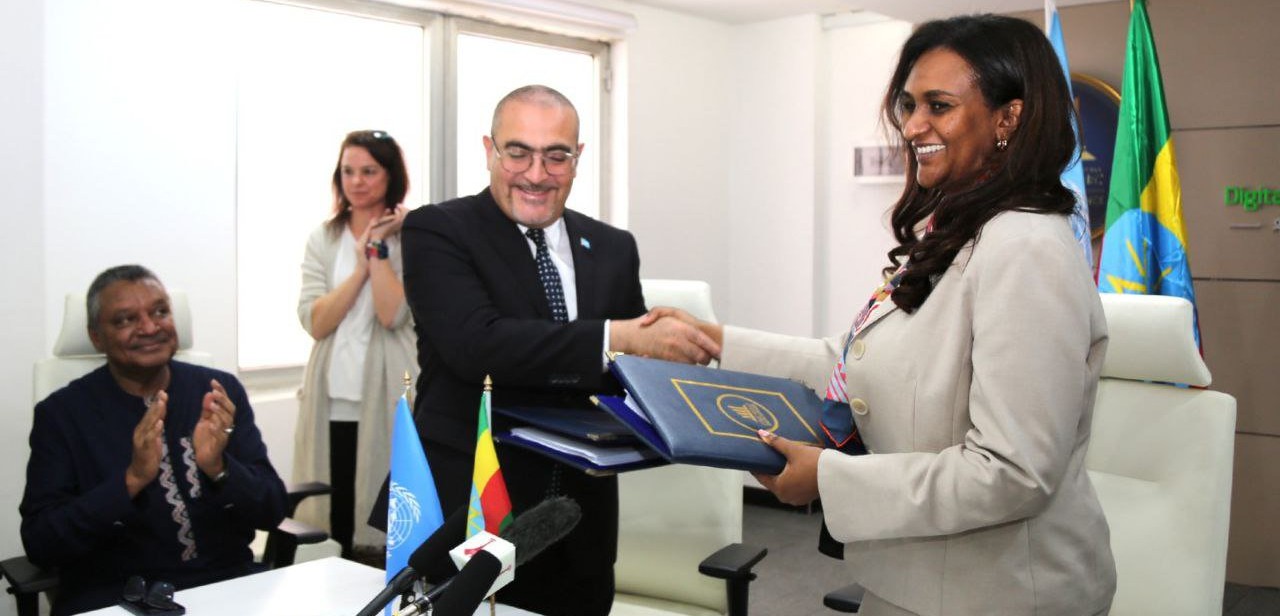(3 Minutes Read)
In a major step toward reinforcing its commitment to sustainable development, Ethiopia has announced plans to mobilise USD 5 billion in funding to implement the newly signed 2025–2030 United Nations Sustainable Development Cooperation Framework (UNSDCF). The strategic agreement outlines a collaborative roadmap between the Ethiopian government and the United Nations aimed at addressing the country’s development challenges and accelerating progress toward the Sustainable Development Goals (SDGs).
The total budget required for the six-year cooperation framework is estimated at USD 6.5 billion, of which USD 1.5 billion has already been secured, according to Ethiopia’s Minister of Finance, Semereta Sewasew. “This framework agreement reaffirms our enduring partnership with the United Nations,” she noted during the signing ceremony.
The UNSDCF has been tailored to align closely with Ethiopia’s national development priorities. It adopts a holistic and integrated strategy that targets both immediate and structural challenges. Core focus areas include:
- Strengthening resilient food systems
- Enhancing livelihoods for vulnerable populations
- Fostering inclusive and sustainable economic growth
- Building resilience to climate-related and economic shocks
This initiative comes at a pivotal time for Ethiopia. While the country posted a solid economic growth rate of 8.1% in the 2023/24 fiscal year, it continues to grapple with entrenched development barriers. The Human Development Index (HDI) remains low at 0.38, and per capita income stands at just $1,020.
Since 2018, a cascade of crises—including armed conflict, recurrent droughts, a locust invasion, the COVID-19 pandemic, and the war in Tigray—has left about 91% of Ethiopian households impacted, undermining socio-economic gains and highlighting the urgent need for long-term recovery and resilience-building measures.
The new cooperation framework builds upon a long history of strategic collaboration between Ethiopia and the United Nations. Over the years, this partnership has played a critical role in promoting peace, stability, and sustainable development across the country. For instance, in 2018, the UN allocated USD 10 million specifically to assist Ethiopia’s most vulnerable communities and to improve basic living standards.
Read Also:
https://trendsnafrica.com/ethiopia-unveils-ambitious-reform-agenda/
As Ethiopia now works to attract the remaining $5 billion in financing, the government hopes to leverage both international donor support and public-private partnerships. This ambitious undertaking underscores the nation’s resolve to build a more equitable, resilient, and prosperous future by 2030.





